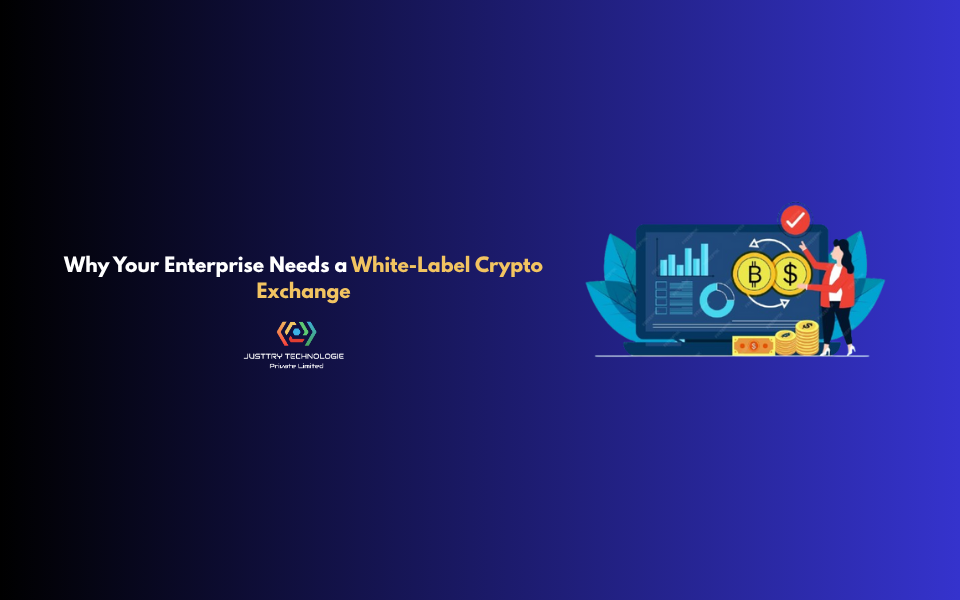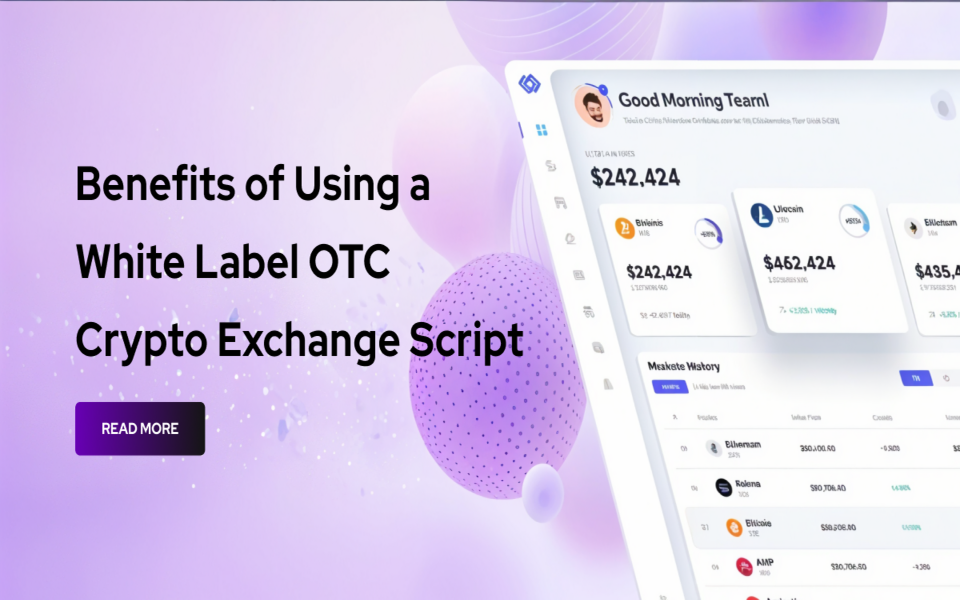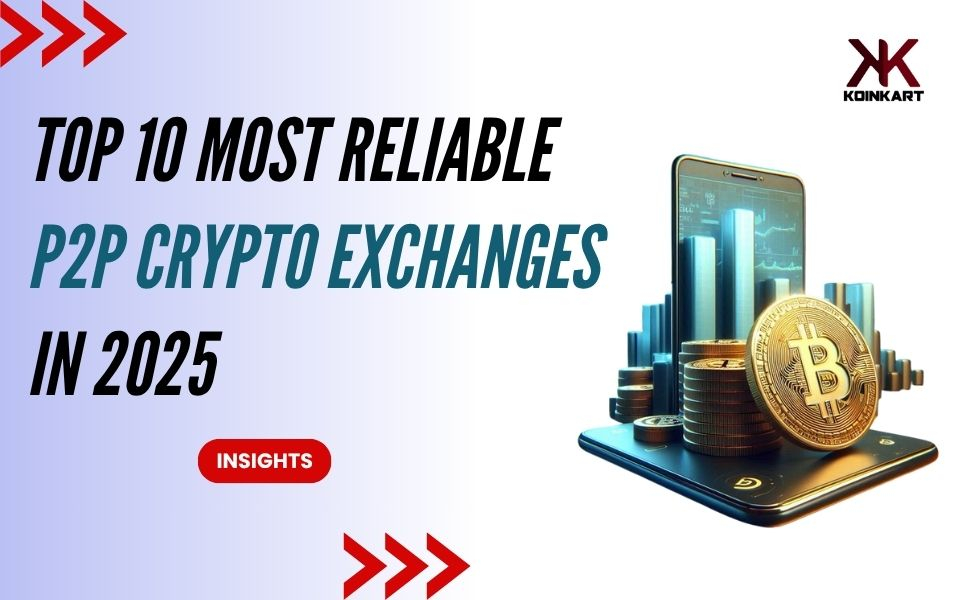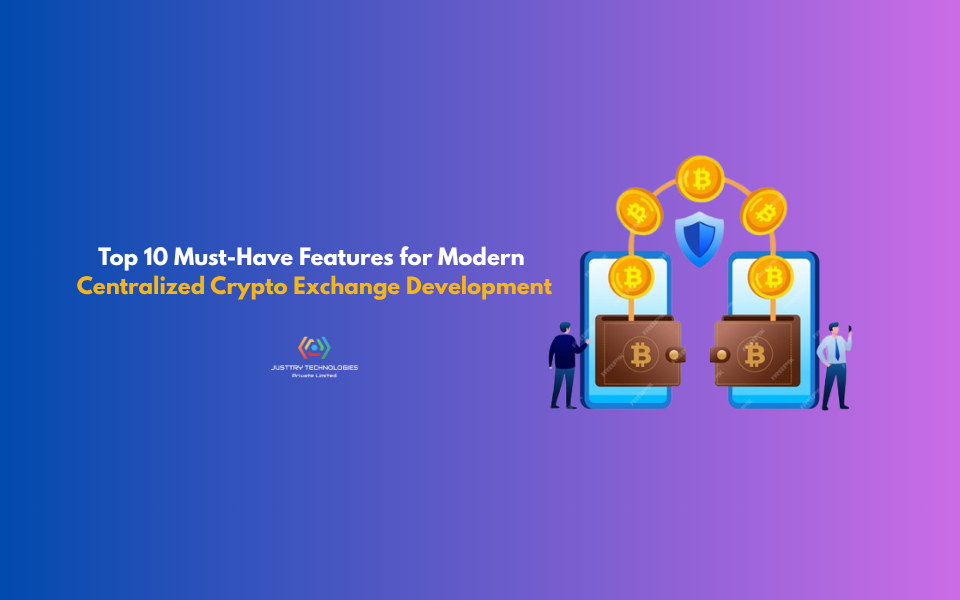The real estate industry has long been associated with high-value assets, slow transactions, and complex regulatory processes. Traditionally, buying or selling property involves intermediaries, lengthy paperwork, and limited liquidity. However, the convergence of cryptocurrency development and real estate is reshaping how properties are owned, transferred, and invested in. At the core of this transformation lies tokenization—powered by blockchain technology and driven by innovative cryptocurrency solutions.
Cryptocurrency development is not just introducing a new mode of payment; it’s redefining how ownership is recorded, shared, and managed. Through tokenized property transactions, real estate becomes more accessible, liquid, and transparent, opening the door for a global investor base.
Understanding Tokenization in Real Estate
Tokenization refers to the process of converting the value of a real-world asset—like a building, apartment, or land—into a digital token stored on a blockchain. Each token represents a share in the property, allowing fractional ownership and enabling investors to buy and trade portions of real estate like stocks or cryptocurrencies.
Unlike traditional investment models that require substantial capital, tokenization lowers the entry barrier. A single property can be divided into hundreds or thousands of digital tokens, each available to different investors. Cryptocurrency development facilitates the creation of these tokens, provides the infrastructure for secure transactions, and ensures that ownership records are immutable and transparent.
The Role of Cryptocurrency Development in Tokenized Real Estate
Cryptocurrency development plays a foundational role in tokenized real estate ecosystems. It involves designing and building blockchain protocols, smart contracts, digital wallets, and token standards that align with property regulations. Developers can customize tokens to represent different ownership rights, rental income distribution, voting power, or capital appreciation.
Smart contracts are especially critical. These self-executing contracts automatically enforce the terms of property transactions—such as transferring ownership after payment confirmation—eliminating the need for manual verification or intermediaries. They enhance trust, reduce fraud, and streamline operations.
In addition, cryptocurrency development ensures compliance with Know Your Customer (KYC) and Anti-Money Laundering (AML) standards, which are essential in regulated sectors like real estate. With the right framework, developers can integrate legal verification, investor accreditation, and regional restrictions into the token’s code.
Making Real Estate Investment Borderless and Inclusive
One of the most profound impacts of tokenized real estate through cryptocurrency development is its potential to democratize access to property investment. Traditionally, real estate has been the domain of wealthy individuals and institutional investors due to its high cost and regulatory complexity. Tokenization changes that by enabling fractional ownership.
With as little as a few hundred dollars, individuals from anywhere in the world can invest in high-value real estate assets located in premium global markets. Cryptocurrency platforms allow international investors to bypass currency exchange complications, bank restrictions, and geographic barriers. Tokens can be purchased using crypto wallets, with blockchain ensuring ownership records are secured and publicly verifiable.
This borderless accessibility fosters a more inclusive investment environment, where opportunities are not limited by geography or capital. As a result, both small and large investors can diversify their portfolios by adding real estate tokens as a stable and appreciating asset class.
Improving Liquidity in an Illiquid Market
Real estate has historically been one of the most illiquid asset classes. Selling a property often takes months and involves legal hurdles, taxes, and commissions. Tokenization, supported by robust cryptocurrency development, addresses this challenge by enabling real estate tokens to be traded on secondary marketplaces.
These platforms operate similarly to stock exchanges, allowing investors to buy and sell property tokens with minimal friction. A person holding a fraction of a commercial building can sell their share without impacting other investors or the property’s operation. This liquidity opens up a dynamic trading environment and provides real estate owners with new methods of raising capital without selling entire properties.
Furthermore, it provides exit options for investors who want flexibility. They no longer need to wait for an entire building to be sold; they can liquidate their share at any time, depending on market demand.
Use Cases: Residential, Commercial, and Beyond
Cryptocurrency development is being applied across various real estate segments—from residential buildings and vacation homes to commercial office spaces and industrial warehouses. For residential properties, tokenization allows groups of people to co-own a home, each benefiting from rental income and property appreciation. In commercial real estate, tokens can represent shares in office complexes, retail centers, or hotels, giving investors exposure to large-scale assets.
Real estate developers also benefit from cryptocurrency-driven tokenization. They can raise funds by pre-selling fractional ownership tokens of a project before construction begins. This model not only accelerates fundraising but also builds community engagement and investor loyalty from the outset.
Another emerging area is in the short-term rental market. Platforms are developing crypto-native vacation rental services where users can buy tokens tied to specific locations, with rights to book stays or share in rental profits.
Streamlining Transactions and Reducing Costs
Traditional real estate transactions are often bogged down by paperwork, title verification, escrow services, and commissions. Each party in the process—brokers, agents, notaries, and legal firms—adds to the cost and complexity. Cryptocurrency development significantly reduces these overheads by automating and digitizing most of the processes.
Smart contracts can be programmed to verify identities, check property ownership, initiate payments, and transfer tokens representing deeds—all within seconds. Blockchain records eliminate the need for third-party title verification, while decentralized escrow services ensure that funds and ownership tokens are exchanged simultaneously without a middleman.
This level of automation not only saves time but also reduces the risk of errors, fraud, or delays. Lower transaction fees and faster processing times make real estate investment more efficient and appealing to tech-savvy investors.
Regulatory Compliance and Legal Challenges
While the technology is ready, real estate tokenization still needs to navigate complex legal and regulatory frameworks. Different jurisdictions have different rules regarding property rights, securities, taxation, and digital assets. Cryptocurrency developers must ensure that their tokenization platforms comply with relevant laws to avoid legal issues.
Security tokens, which represent investment contracts, are subject to financial regulations. Developers often work closely with legal experts to ensure that the tokens are structured in compliance with securities law. This may involve limiting token sales to accredited investors or incorporating region-specific restrictions within the token code.
In addition, property rights and land ownership laws must be properly translated into tokenized form. Countries with centralized land registries may need to integrate blockchain systems to fully recognize digital ownership. This is a major focus area for crypto and proptech companies working to bridge the gap between blockchain technology and traditional legal systems.
Real-World Examples of Tokenized Property Projects
Several companies are already bringing tokenized real estate to life. Platforms like RealT, Propy, and SolidBlock have developed real estate ecosystems that allow users to purchase fractional property tokens using cryptocurrencies like Ethereum or stablecoins.
RealT, for example, offers tokenized rental properties in the U.S., where token holders earn daily rental income in stablecoins. Propy has facilitated blockchain-based property sales with automated title transfers and smart contract settlements. These platforms highlight how cryptocurrency development can create new, transparent, and secure property investment avenues.
Some governments and real estate firms are also exploring public-private partnerships to tokenize public housing, commercial assets, and infrastructure projects. As the ecosystem matures, more large-scale real estate institutions are expected to enter the market.
Future Outlook: The Rise of Real Estate Crypto Ecosystems
Cryptocurrency development is pushing the boundaries of what’s possible in the real estate sector. As blockchain regulations become clearer and market adoption increases, tokenized real estate is likely to become a mainstream asset class. This will include not only investment opportunities but also decentralized real estate financing, crypto-backed mortgages, and real estate NFTs tied to virtual property in the metaverse.
The long-term vision is a complete real estate ecosystem—powered by crypto—where buyers, sellers, tenants, landlords, and developers operate on decentralized platforms. Transactions will be transparent, automated, and instant, with property assets accessible to anyone with a crypto wallet and internet connection.
As industries converge, cryptocurrency development will play a crucial role in creating these platforms, securing ownership records, facilitating cross-border payments, and integrating real-world property with programmable digital tokens.
Conclusion: A New Era for Property Ownership
The integration of cryptocurrency development into the real estate industry marks a turning point for how properties are owned, traded, and financed. By enabling tokenized property transactions, blockchain technology introduces transparency, liquidity, and inclusivity to a traditionally opaque and exclusive market.
As more platforms emerge and legal frameworks evolve, the barriers to real estate investment are being dismantled. Whether you're a developer seeking innovative fundraising methods or an investor looking for diversified global exposure, tokenized real estate presents a future-forward opportunity. At the heart of this revolution lies custom cryptocurrency development—transforming static real estate assets into dynamic, tradeable digital investments.






























